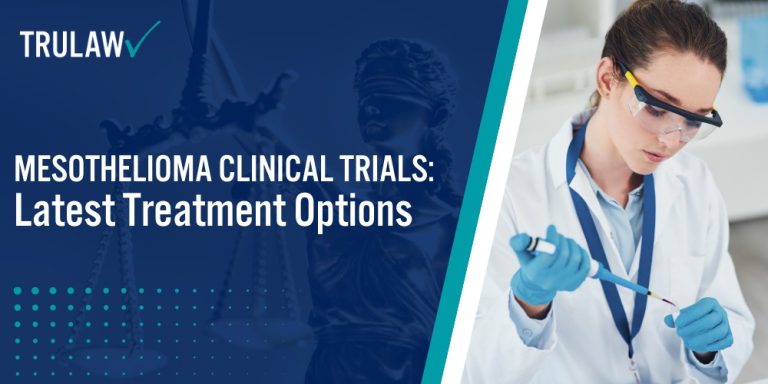Clinical trials are essential research studies that explore new ways to treat mesothelioma and improve patient outcomes.
These trials investigate innovative therapies designed to kill cancer cells more effectively while minimizing side effects compared to usual chemotherapy treatment.
Through carefully controlled studies, researchers evaluate new drug combinations, surgical techniques, and targeted therapies that could potentially transform how doctors treat mesothelioma.
Active Recruitment for Malignant Pleural Mesothelioma Studies
The VA healthcare system, particularly through centers like the VA Boston Healthcare System and VA Greater Los Angeles Healthcare System, actively participates in groundbreaking clinical trials for malignant mesothelioma.
These specialized centers work in collaboration with prestigious medical institutions to advance treatment options.
Current clinical trials focus on several key areas:
- Immunotherapy Studies: Testing new drugs that help the immune system fight cancer cells
- Multimodal Approaches: Combining various treatments for better outcomes
- Novel Drug Combinations: Exploring alternatives to standard chemotherapy
- Targeted Therapies: Developing treatments that specifically target mesothelioma cells
These ongoing trials are particularly important because they provide veterans access to cutting-edge treatments that may be more effective than conventional therapies.
Many of these studies focus on personalizing treatment approaches based on individual patient characteristics and tumor types.
Emerging Therapies: Focus on Intensity Modulated Radiation Therapy
Advanced radiation techniques, including targeted radiation therapy, represent a significant area of clinical research.
Unlike traditional treatments used for lung cancer, these newer approaches offer more precise tumor targeting while protecting healthy tissue.
The VA’s telehealth program enables veterans nationwide to consult with specialists about participating in these innovative treatment studies.
Key developments in radiation therapy trials include:
- Precision Targeting: Advanced imaging to improve treatment accuracy
- Reduced Side Effects: Better protection of healthy tissue
- Combined Approaches: Integration with surgery and chemotherapy
- Adaptive Planning: Real-time treatment adjustments
These emerging radiation therapy options show promise in improving survival rates and quality of life for veterans with mesothelioma.
Through clinical trials, researchers continue to refine these techniques and develop more effective ways to deliver radiation treatment while minimizing side effects.



